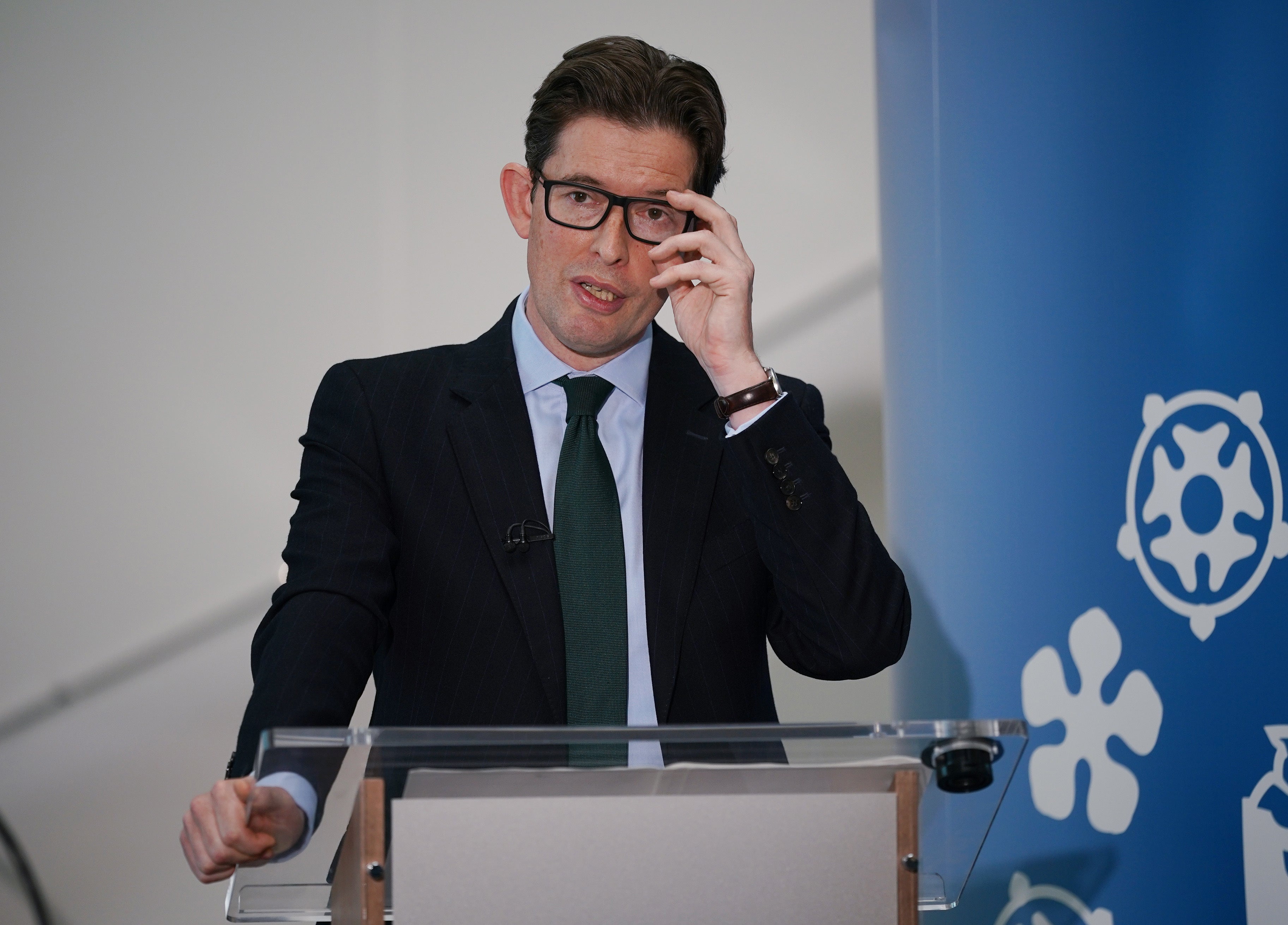31 late-stage terror attack plots in UK foiled over past four years, MI5 chief says
MI5 director-general warned that recent events in Afghanistan could lead to a new 9/11-style attack plot

Your support helps us to tell the story
From reproductive rights to climate change to Big Tech, The Independent is on the ground when the story is developing. Whether it's investigating the financials of Elon Musk's pro-Trump PAC or producing our latest documentary, 'The A Word', which shines a light on the American women fighting for reproductive rights, we know how important it is to parse out the facts from the messaging.
At such a critical moment in US history, we need reporters on the ground. Your donation allows us to keep sending journalists to speak to both sides of the story.
The Independent is trusted by Americans across the entire political spectrum. And unlike many other quality news outlets, we choose not to lock Americans out of our reporting and analysis with paywalls. We believe quality journalism should be available to everyone, paid for by those who can afford it.
Your support makes all the difference.Thirty-one late-stage attack plots were disrupted over the past four years by intelligence officers, the director-general of MI5 has said.
Ken McCallum said that the threat of terrorism in the UK remains “a real and enduring thing” and warned that recent events in Afghanistan could lead to a new 9/11-style attack plot.
He added: “We do face a consistent global struggle to defeat extremism and to guard against terrorism – this is real problem.”
He told the BBC’s Today programme on Friday: “In the past four years, working with the police, my organisation has disrupted 31 late-stage attack plots in Great Britain.
“That number includes mainly Islamist attack plots but also a growing number of attack plots from right-wing terrorists.”
Mr McCallum said that the threats had not been diminished by the coronavirus pandemic.
He revealed that “even during the pandemic period, which we have all been enduring for the past two years, we have had to disrupt six late-stage attack plots.
“So, the terrorist threat to the UK, I am sorry to say, is a real and enduring thing.”
Speaking about the impacts of the Taliban’s take-over of Afghanistan, Mr McCallum said: “The big concern, flowing from Afghanistan, alongside the immediate inspirational effect, is that terrorists reconstitute and once again cause us more in the way of well developed, sophisticated plots of the sort that we faced in 9/11 and the years thereafter.”
With the 20th anniversary of 9/11 on Saturday, Mr McCallum reflected on where he was when the planes hit the twin towers. He said: “I was working as what we call an ‘agent runner’, working with human sources inside terrorist organisations in Northern Ireland.
“On the morning of 9/11, or the lunch time as it was in the UK, when the first plan struck the twin towers we turned on the television in the corner of a room.
“As the second plan struck, a colleague quietly said, ‘Osama bin Laden’, and someone else said, ‘I guess we all know what we’re doing for the next 10 years of our lives’, and so it proved.”
Asked if he knew who Osama bin Laden was at the time of the attacks, Mr McCallum responded: “Yes, absolutely.”
“We had been watching the rise of these Islamist extremist threats for some time,” he added. “Obviously al-Qaeda had struck the US embassies in East Africa in 1998.
“We’d seen attacks in Yemen in the year 2000. And something that is often forgotten is that in the UK, 10 months before 9/11, we disrupted with the police a bomb plot in Birmingham. [It was] not formally by al-Qaeda the organisation but this wave of terrorism was already coming towards us.”
The director-general said that the recent events in Afghanistan would not dramatically change terrorists’ capabilities overnight. But he said there would be a “psychological boost, morale boost” to extremists who were already residing in this country or other countries.
He said that there could be a potential “re-growth” of “al-Qaeda style directed plots” of the type that we saw several years ago.
He added: “There is no doubt that recent events in Afghanistan will have heartened and emboldened extremists, and so being vigilant to precisely those kinds of risks is what my organisation is focused on.”
Describing how the terrorist threat had changed over the past decade, Mr McCallum reflected that although the number of plots MI5 disrupts now is higher than it was directly after 9/11, they are “smaller plots of lower sophistication”.
He explained that Isis had achieved something al-Qaeda hadn’t by managing to inspire lots of people with no direct connection to the organisation to take their online instructional material and attempt much smaller scale plots.
He said these were “by their nature harder to detect”.
Mr McCallum also compared terrorist threats with the challenges posed by foreign state-run spying campaigns. He said terrorism remained the biggest threat to life but that these “more insidious state-run threats” aimed to interfere in “our way of life” and “our democracy”.
Join our commenting forum
Join thought-provoking conversations, follow other Independent readers and see their replies
Comments